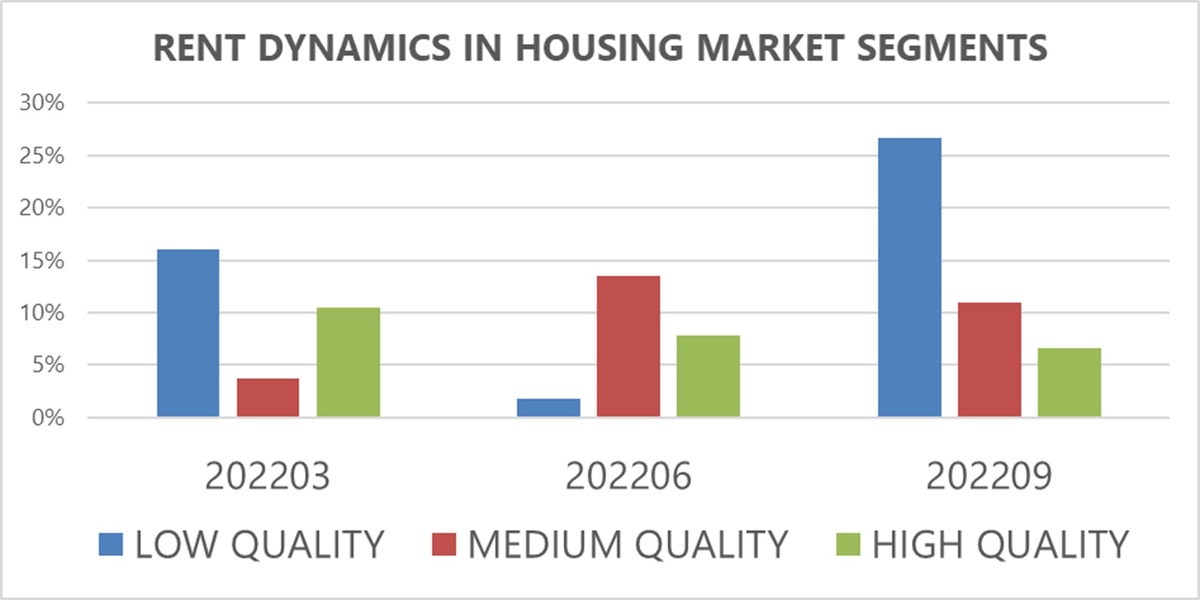Current issue
Online first
Archive
About the Journal
Aims and scope
Editorial Board
International Editorial Board
List of Reviewers
Abstracting and indexing
Ethical standards and procedures
REMV in Social Media
Contact
Instructions for Authors
Instructions for Authors
Manuscript formatting template
Title page
Highlights
Payments
‘Ghostwriting’ and ‘Guestauthorship’
Guidelines for Referees
Are hedonic models really quality-adjusted? The role of apartment quality in hedonic models of housing rental market
1
Department of Microeconomics, Poznan University of Economics and Business, Poland
Submission date: 2023-09-16
Final revision date: 2023-12-20
Acceptance date: 2024-03-12
Publication date: 2024-06-10
Corresponding author
REMV; 2024;32(2):46-57
HIGHLIGHTS
- many approaches to grasp quality of rental housing were compared using hedonic models
- the models implementing soft information on quality proved to be statistically best
- utilizing the listing agents’ quality declarations may lead to biased results
- quality signals obtained with the use of Wordscores proved to be the strongest
- analysis of quality-related market segments improves understanding of economic shocks
KEYWORDS
TOPICS
ABSTRACT
In micro-level data concerning the housing market, the apartment quality may be signaled via textual statements or the attached descriptions/photos. It may be done using hard information related to the easier-to-measure structural characteristics or soft information related to the apartment condition and design - soft quality. This paper checks whether the choice of the approach to handling the issue of soft quality of apartments influences the properties of hedonic models and the course of hedonic rent indices. The study shows that hedonic models that account for soft quality have better statistical properties than those without soft-quality-related variables. Among them, the models that include the information on quality extracted from descriptions of apartments prove to be the best. Still, considerable differences in the indicated course of hedonic rent indices have not been detected. However, the paper concludes that utilizing information on apartments’ soft quality may be crucial to understanding the market adjustment process to economic shocks. It has been proven that the price reaction of the Poznań (Poland) rental market to the COVID-19 pandemic and the Russian aggression on Ukraine has been diversified in the quality-related market segments.
FUNDING
The National Science Centre of Poland has supported this work under Grant number 2021/43/B/HS4/01213.
We process personal data collected when visiting the website. The function of obtaining information about users and their behavior is carried out by voluntarily entered information in forms and saving cookies in end devices. Data, including cookies, are used to provide services, improve the user experience and to analyze the traffic in accordance with the Privacy policy. Data are also collected and processed by Google Analytics tool (more).
You can change cookies settings in your browser. Restricted use of cookies in the browser configuration may affect some functionalities of the website.
You can change cookies settings in your browser. Restricted use of cookies in the browser configuration may affect some functionalities of the website.




